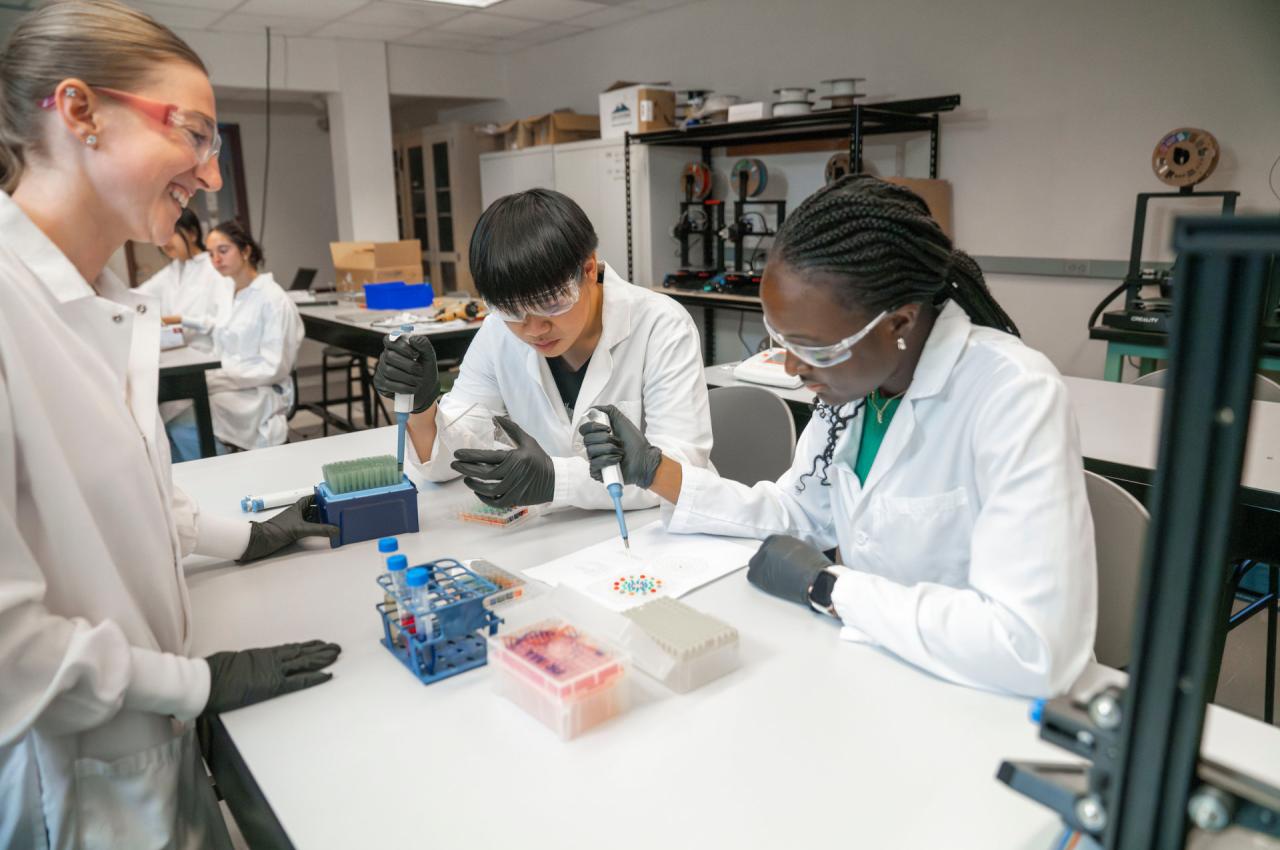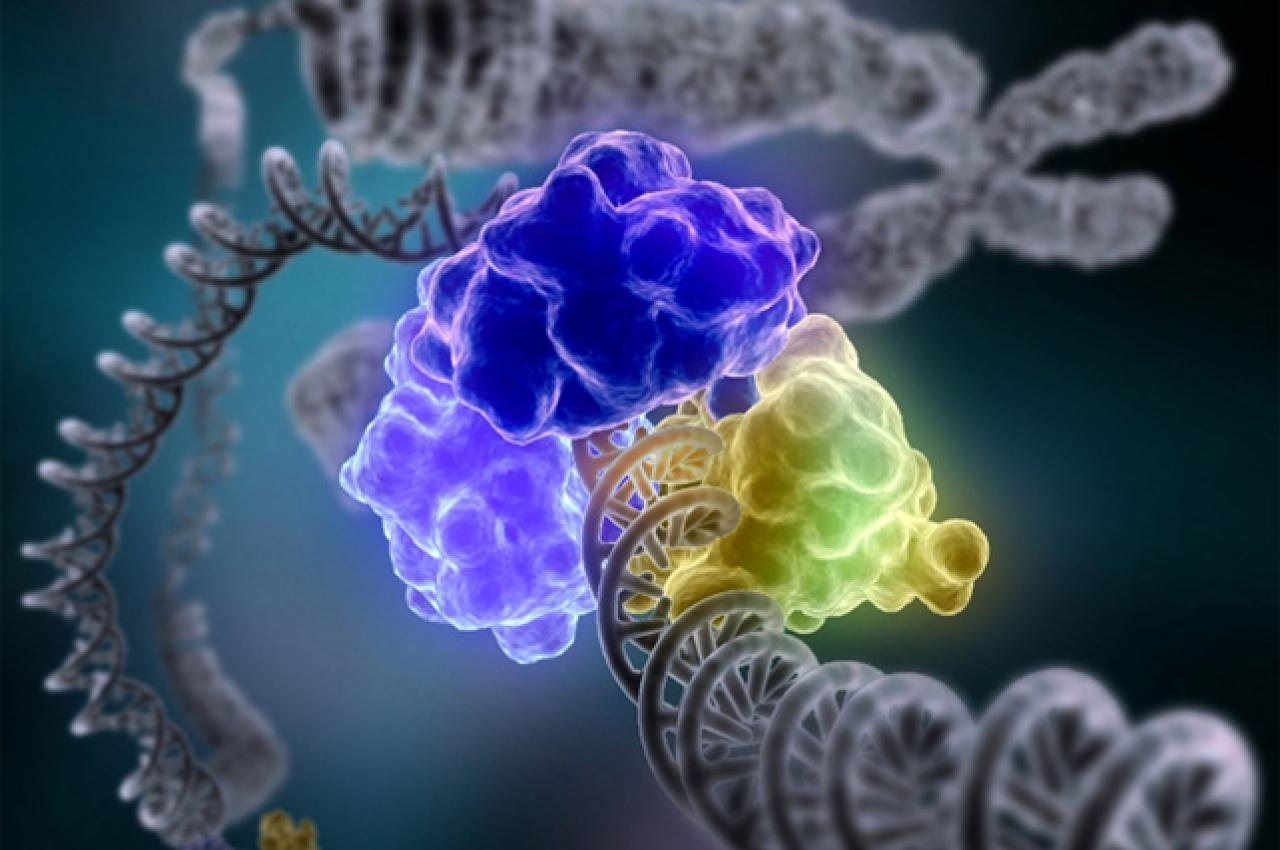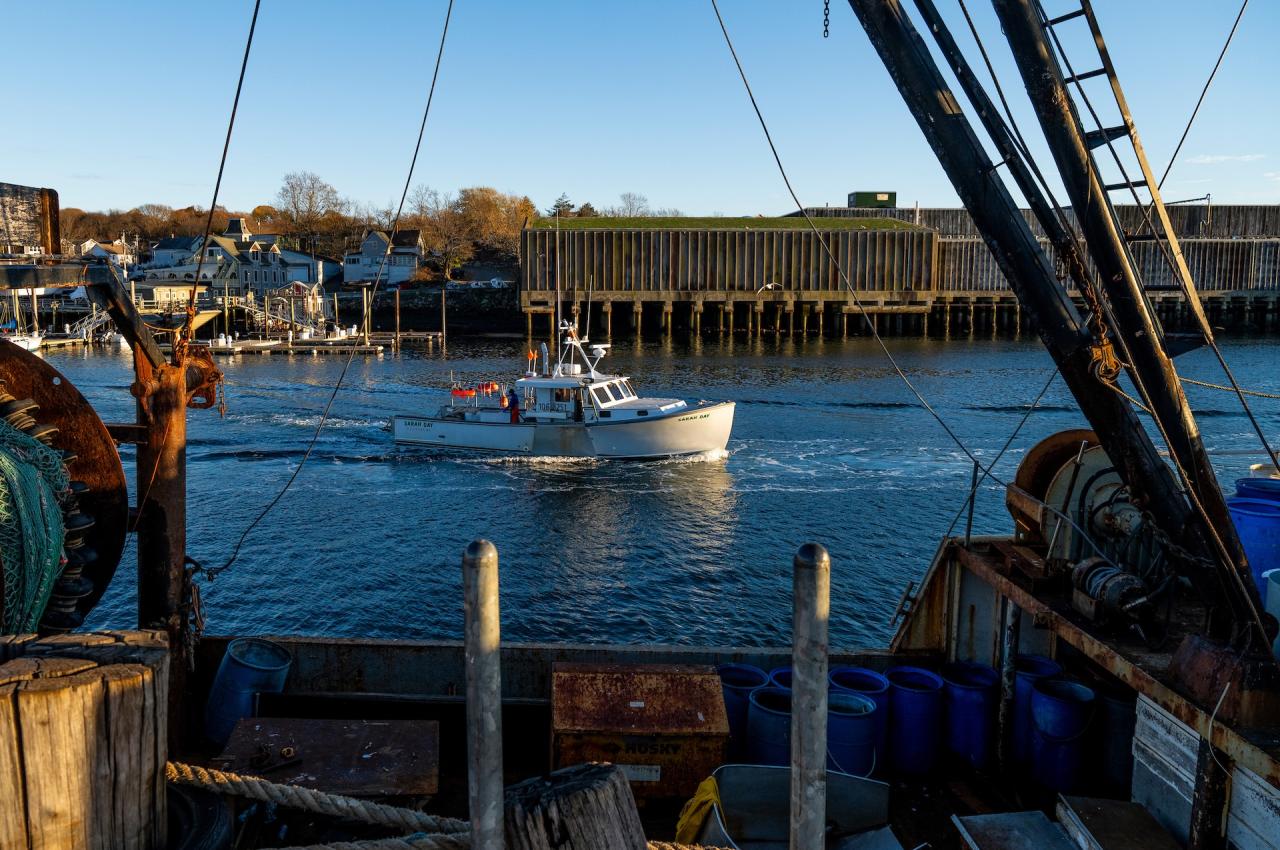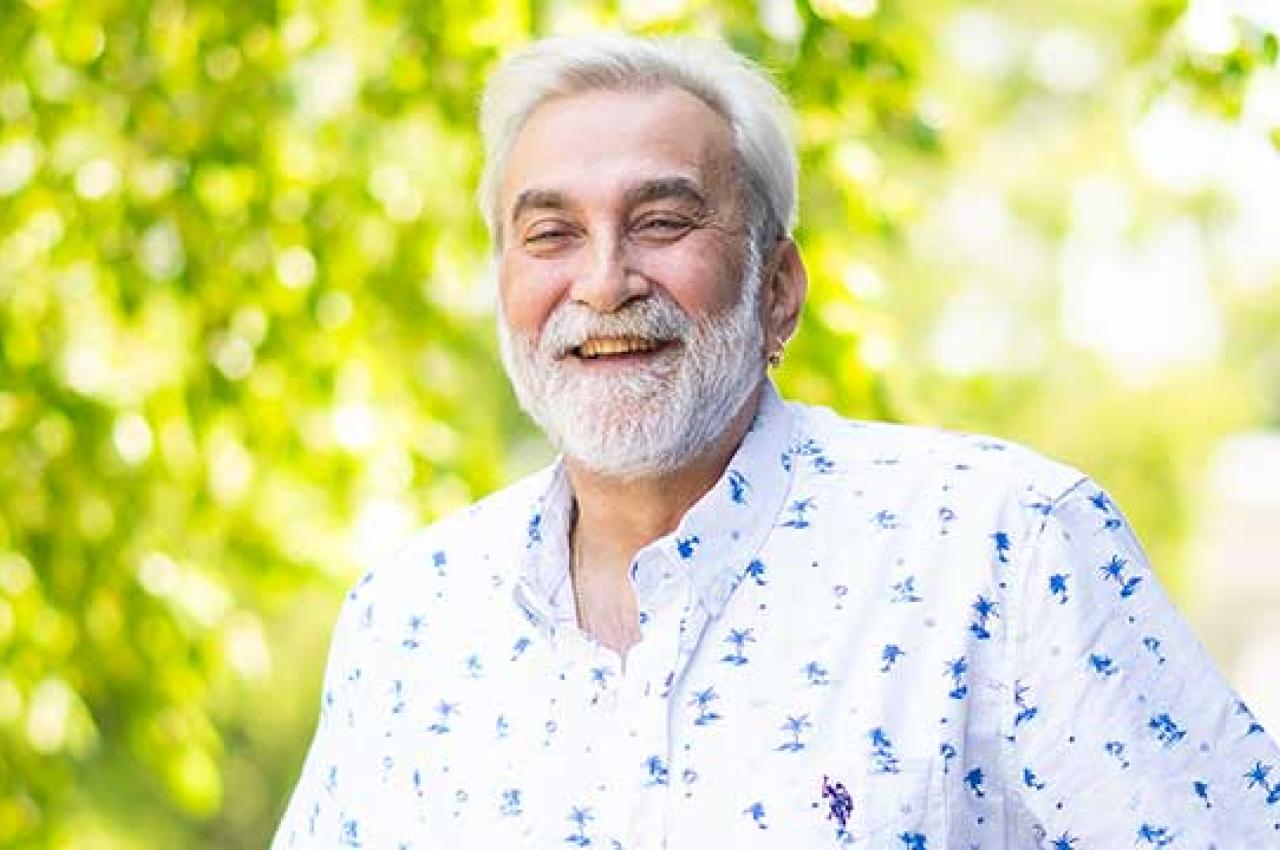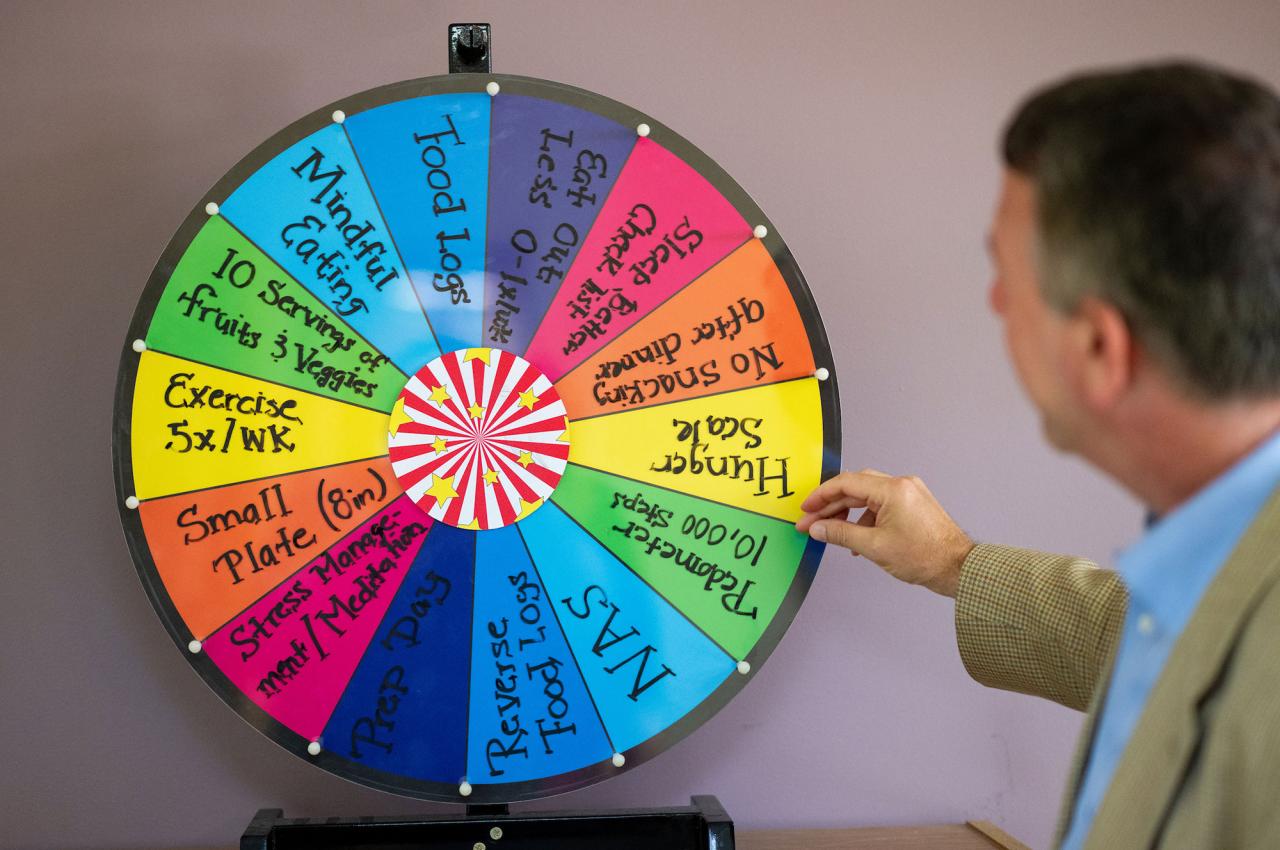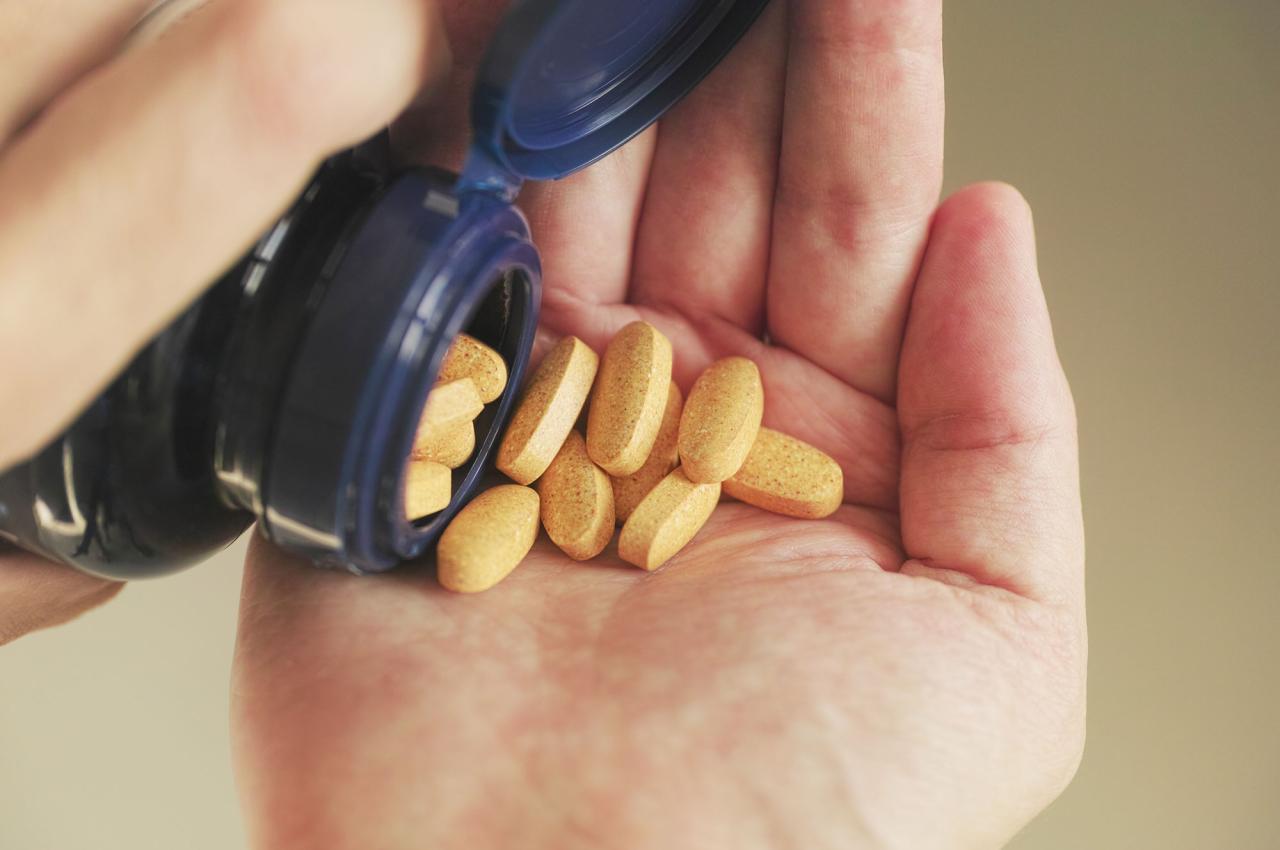Putting Science at the Forefront for the Next Generation
Jodee Frias’s high school didn’t offer much in the way of science opportunities, such as learning basic biology techniques like pipetting or imaging. Now she’s a third-year doctoral student in biomedical engineering at Tufts and is helping give high school students the opportunities she didn’t have.
She’s one of a number of graduate students and faculty who are volunteering this summer on a free, six-week summer program for area high schoolers in biomedical engineering labs at Tufts that has been offered for more than a decade.
Nisha Iyer, an assistant professor in the biomedical engineering department who helps run the program, came up with an innovation for the long-running program this year: a three-day bootcamp in science research techniques for the students, covering everything from how to pipette to doing gene editing, led by graduate students.
“It gives the high school students a bit more foundational and fundamental background,” says Lauren Black III, an associate professor at the School of Engineering who started the summer program.
After the introductory bootcamp at the beginning of July, students went to work in different biomedical engineering labs, supervised by Tufts graduate students and postdoctoral scholars.
The bootcamp was especially helpful for the kids like her, says Frias, who had no exposure to these things in high school—and helped set them up for positive experiences in the labs.
“I think it’s more important than ever to demonstrate to high school students who might be wondering whether science is going to be a viable career that we’re still doing it and it’s still worth pursuing.”
The summer program, called Tufts University Biomedical Engineering Research Scholars, has been offered for 13 years, and all the labs, faculty, and graduate student mentors volunteer their time and resources, says Black, whose research focuses on cardiovascular tissue engineering.
One goal of the program is “to foster and nurture a love for science,” says Black. He’s tracked the participants over the years; many go on to study biomedical engineering, chemistry, and biology.
“As an undergraduate student, Ph.D. students took time out of their day to teach me and show me the scientific process,” says Jodee Frias, here demonstrating lab techniques for the high school students. “I only hope that I can be half of that kind of mentor to these high school students.” Photo: Andy Kwok
“One studied biology in college and went on to become a nationally recognized biology teacher,” he says. Another student who had worked in his lab for two summers was the winner of the Genzyme Science Award in 2014, one of the top prizes at the Massachusetts Science & Engineering Fair, and recently finished her Ph.D. in molecular engineering at the University of Chicago. And, Black says, several other participants went on to attend Tufts after having been in the program.
“I think it’s more important than ever to demonstrate to high school students who might be wondering whether science is going to be a viable career that we’re still doing it and it’s still worth pursuing,” says Iyer, whose research focus is stem cells, regeneration, and neural tissue engineering.
Last year the program put out an online call for applications and got some 900 from around the country for 13 slots. This year they limited enrollment to members of Tufts campus-adjacent communities, and it was still very difficult to make the final choices—so many students wanted to take part, says Black. The program runs through August 15, when the students do poster presentations on their summer research.
Getting Down to Work in the Lab
Students get experience in a wide range of labs in the Department of Biomedical Engineering. For instance, two summer students are working in the lab of Madeleine Oudin, a professor of biomedical engineering who studies the mechanisms of cancer metastasis and drug resistance and is also affiliated with GSBS for her epilepsy research.
Thomas Gerton and Crystal Zhang, second and third year Ph.D. students of Oudin’s, are training the high-schoolers on the basics of mammalian cell cultures, and working on an experiment treating triple-negative breast cancer cells with an assortment of potassium channel-altering drugs, and monitoring the responses.
Graduate student Alexis Walker shows Emma Drago bacteria that they gene edited. Photo: Andy Kwok
Frias, who works on noninvasive techniques for brain imaging in the Diffuse Optical Imaging of Tissue Lab with Professor Sergio Fantini, is mentoring one of the high school students in that lab. “I’m working with him to create and design a probe for diffuse optics—think of it as an Apple Watch for the brain—that will be used within our research,” she says. “I’m teaching him how to use CAD [computer-assisted design] and 3D modeling. We’re going to 3D print the probe and then do some initial tests.”
Emily Pallack, a second-year Ph.D. student in Iyer’s Stem Cell & Regeneration Lab, presented at the bootcamp about different types of microscopy and how to translate cellular images into data. “I worked on getting students into the computational side of what we do, using software to measure cells,” she says. Now Pallack is mentoring a student in the lab on a project looking at how cells connect to each other and communicate in the central nervous system.
“It’s really inspiring to see these students, who are so curious about the world and research,” she says. “They’re coming in with fresh ideas, and it’s exciting to guide them through the process of how research really works.”
“The main reason that I am in this Ph.D. program is due to the mentors I had when I was learning,” says Frias. “As an undergraduate student, Ph.D. students took time out of their day to teach me and show me the scientific process. I only hope that I can be half of that kind of mentor to these high school students.”
Latest Tufts Now
- Cells Have a Second DNA Repair Toolbox for Difficult CasesCancer cells may rely heavily on backup mechanisms of DNA repair, presenting a vulnerability for targeted treatments
- The Gulf of Maine Is Warming Faster Than Pretty Much Anywhere ElseThese researchers are hurrying to help coastline communities and economies adapt to the changing waters
- Am I Getting Enough B Vitamins?Make sure to take in the right amount, but not too much, of these eight key nutrients, according to a Tufts nutrition expert
- ‘I Never Looked Down on Any Job I Had’A carpenter and longtime member of the Tufts Facilities team on taking pride in one’s work
- For Some, ‘Group Magic’ Is the Key to WellnessHere's what happened when a family medicine physician and a dietitian teamed up to help groups of participants develop better health habits for life
- How B Vitamins Can Affect Brain and Heart HealthThese eight nutrients can have an impact on dementia, cardiovascular disease, and more, according to Tufts researchers



